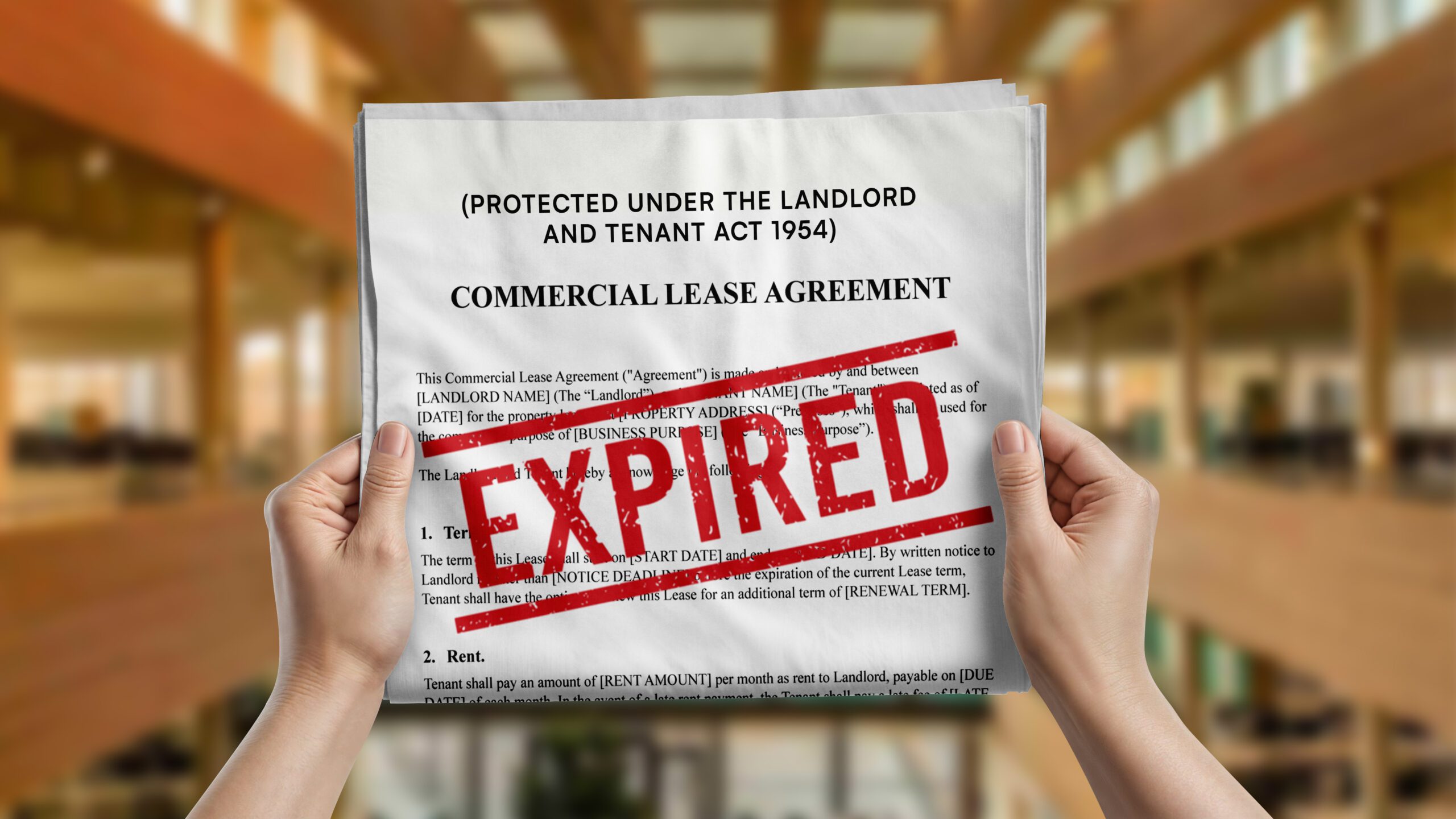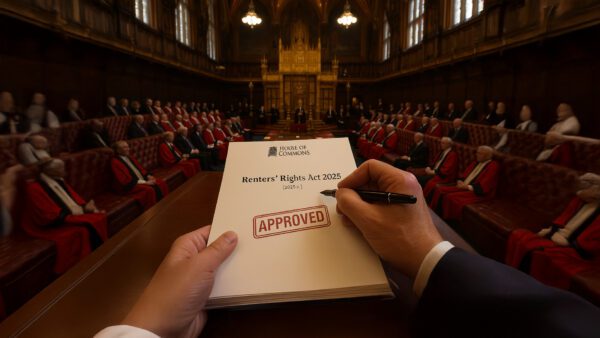Under the Landlord and Tenant Act 1954 (the Act), commercial tenants occupying a property for their business purposes enjoy a security of tenure (provided that the qualifying criteria is met), meaning their tenancy does not automatically end on the expiry of the contractual term unless those rights were properly excluded before the lease was granted using the prescribed process.
A protected tenancy continues after the expiry date on the same terms until terminated in accordance with the Act or until a new lease is agreed.
Options for Landlords and Tenants Upon Lease Expiry
1. Termination Without Renewal
Landlord’s Section 25 Notice: A landlord can serve a Section 25 notice to either propose new lease terms (see below) or oppose a renewal. If opposing the renewal, they must rely on one of the limited statutory grounds Section 30(1), such as:
- Tenant’s breach of lease terms or disrepair.
- Persistent rent payment delays.
- Availability of suitable alternative accommodation.
- Landlord’s intention to redevelop or occupy the property.
Certain grounds (e.g., redevelopment) may entitle the tenant to compensation.
Forfeiture: The Act does not prevent a landlord from forfeiting the lease if allowed by the lease terms and in accordance with those terms, provided that the correct process is followed.
2. Renewal of the Lease
Landlord’s Section 25 Notice: The landlord can propose terms for a new lease via a Section 25 notice. Usually parties will negotiate and agree new terms. If however the parties cannot agree, either can apply the court to determine the terms, at any time after the notice has been served.
Tenant’s Section 26 Request: A tenant may serve a Section 26 request to initiate renewal and propose new terms. If the landlord intends to oppose this, they must respond with a counter-notice within two months. Failing to do so forfeits their right to object. Where a s26 request has been served, the court application cannot be made for 2 months (unless a counter notice is served).
New Lease Terms Considerations
Rent: New rent should reflect open market value.
Continuity of Terms: New leases generally should mirror existing terms unless changes are negotiated or deemed reasonable.
Deadlines: Both parties must meet various strict deadlines set by the respective notice or request otherwise they may lose their right either to object to a new lease or request a new lease.
Strategic Considerations for Serving Notices or Requests
For Landlords:
Control Over Termination Date: Serving a Section 25 notice allows landlords to set the termination timeline and ensure that the lease is terminated and a new lease granted as soon as possible after the lease expiry date without an interim period where the previous lease continues. Also means a Court application can be made sooner if it is clear that terms are not going to be agreed directly.
Proposing Favourable Terms: A Section 25 notice enables landlords to start negotiations with terms favourable to them, putting the tenant on the defensive and thus creating a bigger onus to justify any counter-proposals.
Opposing Renewal: If the Landlord opposes a renewal, it should serve a Section 25 notice to protect its position before a renewal request is served by the Tenant, ensuring that this is progressed as quickly as possible.
For Tenants:
Control Over Lease Start Date and Timings: A Section 26 request allows tenants to gain more control over timing by proposing a new lease start date, which must be at least six months from the notice date and not before the contractual expiry date. It can also prevent the Landlord making a court application for a 2-month period, potentially encouraging negotiations.
Pre-empting Landlord Proposals: By serving a Section 26 request, tenants can pre-empt unfavourable terms in a potential Section 25 notice, such as higher rent or opposition to renewal, and set the tone for negotiations.
Importance of Seeking Legal Advice
The procedural requirements under the LTA 1954 are strict, and failure to comply with deadlines or notice requirements can mean losing rights to renew or oppose renewal. Strategic planning can significantly influence negotiation outcomes and the terms of any new lease.
Given the potential financial and commercial stakes at risk, legal guidance from experts in this field is essential to ensure your position is secured. Whether you are a landlord or tenant, if your lease is nearing expiry, get in touch with our experts in our commercial property team to discuss your position and receive tailored expert advice based on your commercial requirements.









